Dr. Agarwal retired in 2005 as the founding director of the Advanced Systems Laboratory (ASL) in Hyderabad. As a distinguished scientist at DRDO, he played a crucial role in the Agni and other missile programmes.
Padma Bhushan recipient and renowned aerospace scientist, Dr. Ram Narain Agarwal, passed away at the age of 83 after a brief illness. A pivotal figure in India's defense sector, Dr. Agarwal was instrumental in the development of the Agni missile, one of the country's most significant long-range missile systems. He is survived by his wife and two children.
Dr. Agarwal began his journey with the Agni missile program in 1983 as the Project Director, overseeing its growth from the initial stages. Under his leadership, the first successful test of the Technology Demonstrator missile took place in May 1989. This success paved the way for the development and eventual induction of various versions of the missile into India’s defense forces, including the Agni V, a nuclear-capable missile with a range exceeding 5,000 kilometers.
After an illustrious career, Dr. Agarwal retired in 2005 as the founding director of the Advanced Systems Laboratory (ASL) in Hyderabad. As a distinguished scientist at the Defence Research and Development Organisation (DRDO), he played a crucial role in the Agni and other missile programmes, working alongside notable figures like Dr. Arunachalam and Dr. APJ Abdul Kalam. His contributions were particularly significant in the development of re-entry technology, composite heat shields, onboard propulsion systems, and guidance and control mechanisms for missiles.
In 1995, Dr. Agarwal was appointed as the Programme Director of Agni for its weaponization and deployment, leading to the successful launch of Agni 2 with enhanced capabilities by 1999. His work in developing the Agni-3 missile system further solidified India’s position as a global power with long-range, nuclear-capable missiles.
The Agni missile project was the most ambitious of the five missiles under the Integrated Guided Missile Development Programme initiated by the Indian government in 1983. The other missiles in the program included Prithvi, Akash, Nag, and Trishul.
Throughout his career, Dr. Agarwal received numerous accolades, including the Lifetime Achievement Award in 2004 for his contributions to aerospace and the Agni program, the DRDO Technology Leadership Award, the Chandrasekhara Saraswati National Eminence Award, and the Biren Roy Space Sciences Award. He was honored with the Padma Shri in 1990 and the Padma Bhushan in 2000.
Born on July 24, 1941, in Jaipur, Dr. Agarwal hailed from a trader's family. He pursued Aeronautical Engineering at MIT, Guindy, and completed his master's degree at the Indian Institute of Science, Bangalore. He later earned a doctorate from the University of Rajasthan. Dr. Agarwal was a fellow of the Aeronautical Society of India and the National Academy of Engineering, and he frequently lectured on self-reliance and missile technology at various forums.
With ANI inputs
![submenu-img]() India's first horror comedy came years before Stree, Bhediya, Bhool Bhulaiyaa; had no hero, Akshay Kumar borrowed its...
India's first horror comedy came years before Stree, Bhediya, Bhool Bhulaiyaa; had no hero, Akshay Kumar borrowed its...![submenu-img]() Weather Update: IMD predicts extremely heavy rain in this state, light to moderate rain in these states; check forecast
Weather Update: IMD predicts extremely heavy rain in this state, light to moderate rain in these states; check forecast![submenu-img]() Meet India's box office king, only star with 8 consecutive 200-crore hits, bigger than Shah Rukh, Salman, Rajni, Prabhas
Meet India's box office king, only star with 8 consecutive 200-crore hits, bigger than Shah Rukh, Salman, Rajni, Prabhas![submenu-img]() Jeff Bezos' fiancee Lauren Sanchez reveals surprising morning rule, says, 'Just us...'
Jeff Bezos' fiancee Lauren Sanchez reveals surprising morning rule, says, 'Just us...'![submenu-img]() Fast & Furious star Tyrese Gibson arrested in Georgia, details inside
Fast & Furious star Tyrese Gibson arrested in Georgia, details inside![submenu-img]() Haryana Elections: जुलाना में कांग्रेस-AAP के बीच 'दंगल', पहलवान विनेश फोगाट के खिलाफ WWE रेसलर को उतारा
Haryana Elections: जुलाना में कांग्रेस-AAP के बीच 'दंगल', पहलवान विनेश फोगाट के खिलाफ WWE रेसलर को उतारा ![submenu-img]() Udhampur Encounter: J-K Assembly Elections 2024 के प्रचार के बीच उधमपुर में एनकाउंटर, सेना ने घेरे 4 आतंकी
Udhampur Encounter: J-K Assembly Elections 2024 के प्रचार के बीच उधमपुर में एनकाउंटर, सेना ने घेरे 4 आतंकी![submenu-img]() 1 लाख रोजगार, महिलाओं को हर महीने 3000... जम्मू-कश्मीर के लिए कांग्रेस ने दी 5 गारंटी
1 लाख रोजगार, महिलाओं को हर महीने 3000... जम्मू-कश्मीर के लिए कांग्रेस ने दी 5 गारंटी![submenu-img]() ICC Test Ranking: टेस्ट रैंकिंग में रोहित शर्मा का जलवा, विराट कोहली को भी हुआ बंपर फायदा, जानें बाबर आजम का हाल
ICC Test Ranking: टेस्ट रैंकिंग में रोहित शर्मा का जलवा, विराट कोहली को भी हुआ बंपर फायदा, जानें बाबर आजम का हाल![submenu-img]() शिमला में संजौली मस्जिद विवाद पर लाठी��चार्ज, झड़प में कई पुलिसकर्मी घायल, छावनी में तब्दील हुआ इलाका
शिमला में संजौली मस्जिद विवाद पर लाठी��चार्ज, झड़प में कई पुलिसकर्मी घायल, छावनी में तब्दील हुआ इलाका ![submenu-img]() Auto giant gifts Olympic medallist Manu Bhaker this car, it costs Rs...
Auto giant gifts Olympic medallist Manu Bhaker this car, it costs Rs...![submenu-img]() Union Minister Nitin Gadkari says this big carmaker ignored his advice on EVs, 'now they've…'
Union Minister Nitin Gadkari says this big carmaker ignored his advice on EVs, 'now they've…'![submenu-img]() Tata Safari, rival to Hyundai Alcazar Facelift gets massive discount, save up to Rs…
Tata Safari, rival to Hyundai Alcazar Facelift gets massive discount, save up to Rs…![submenu-img]() Hyundai Alcazar facelift launched in India: Check price, design and other features
Hyundai Alcazar facelift launched in India: Check price, design and other features![submenu-img]() Jawa 42 FJ vs Royal Enfield Classic 350: Price, engine, specs compared
Jawa 42 FJ vs Royal Enfield Classic 350: Price, engine, specs compared ![submenu-img]() Meet man, who cracked UPSC twice, has 20 degrees, resigned as IAS officer due to...
Meet man, who cracked UPSC twice, has 20 degrees, resigned as IAS officer due to...![submenu-img]() Meet woman, daughter of widow labourer who cleared UPSC twice, became IPS at 21, IAS at 22, she is famous as India’s...
Meet woman, daughter of widow labourer who cleared UPSC twice, became IPS at 21, IAS at 22, she is famous as India’s...![submenu-img]() Meet Indian genius, son of IIT-JEE topper, who won gold at world’s toughest...
Meet Indian genius, son of IIT-JEE topper, who won gold at world’s toughest...![submenu-img]() AIAPGET 2024: Counselling registration starts today, check details here
AIAPGET 2024: Counselling registration starts today, check details here![submenu-img]() Meet woman who topped class 10, 12, CLAT, law school, cleared UPSC in 1st try, got AIR 60 with self-study, now posted...
Meet woman who topped class 10, 12, CLAT, law school, cleared UPSC in 1st try, got AIR 60 with self-study, now posted...![submenu-img]() Manipur Violence: Curfew Imposed In Three Manipur Districts Amid Drone, Rocket Attacks By Insurgents
Manipur Violence: Curfew Imposed In Three Manipur Districts Amid Drone, Rocket Attacks By Insurgents![submenu-img]() Kolkata Doctor Case: Victim's Mother Blasts CM Mamata Banerjee's 'Insensitive' Durga Puja call
Kolkata Doctor Case: Victim's Mother Blasts CM Mamata Banerjee's 'Insensitive' Durga Puja call![submenu-img]() Apple Watch Series 10 Launch: Key Highlights & Specs | All-New Apple Watch Unveiled
Apple Watch Series 10 Launch: Key Highlights & Specs | All-New Apple Watch Unveiled![submenu-img]() Ukraine-Russia War: Airports Shut, One Dead As Ukraine Launches Massive Drone Attack On Moscow
Ukraine-Russia War: Airports Shut, One Dead As Ukraine Launches Massive Drone Attack On Moscow![submenu-img]() Kolkata Doctor Case: 'CM Wanted To Strangle The Protest', Victim’s Mother Rejects CM Mamata's Claim
Kolkata Doctor Case: 'CM Wanted To Strangle The Protest', Victim’s Mother Rejects CM Mamata's Claim![submenu-img]() Mukesh Ambani's Reliance ties up with Israeli company to launch....
Mukesh Ambani's Reliance ties up with Israeli company to launch....![submenu-img]() Auto giant gifts Olympic medallist Manu Bhaker this car, it costs Rs...
Auto giant gifts Olympic medallist Manu Bhaker this car, it costs Rs...![submenu-img]() Meet woman, daughter of an Indian billionaire, she leads Rs 20335 crore company, Mukesh Ambani is her…
Meet woman, daughter of an Indian billionaire, she leads Rs 20335 crore company, Mukesh Ambani is her…![submenu-img]() Meet man, who worked at Mukesh Ambani's company for 5 yrs, resigned to launch Rs 1091 crore...
Meet man, who worked at Mukesh Ambani's company for 5 yrs, resigned to launch Rs 1091 crore...![submenu-img]() Meet man, an IITian, who is richer than Infosys founder Narayana Murthy, Sudha Murthy, his net worth...
Meet man, an IITian, who is richer than Infosys founder Narayana Murthy, Sudha Murthy, his net worth...![submenu-img]() Meet Salman Khan’s ‘sister’, who became star at 10, left Bollywood after giving Rs 400-crore hit, now earns through…
Meet Salman Khan’s ‘sister’, who became star at 10, left Bollywood after giving Rs 400-crore hit, now earns through…![submenu-img]() Rs 4000 crore palace, 8 jets, 700 cars: All about Abu Dhabi royal family
Rs 4000 crore palace, 8 jets, 700 cars: All about Abu Dhabi royal family![submenu-img]() Mukesh Ambani's fitness secret: From morning yoga to simple lunch, here are all details
Mukesh Ambani's fitness secret: From morning yoga to simple lunch, here are all details![submenu-img]() Top Tata Motors cars to buy in India
Top Tata Motors cars to buy in India![submenu-img]() Meet actress, who was linked to superstar, quit Bollywood to marry Pakistani cricketer, got divorced, is now...
Meet actress, who was linked to superstar, quit Bollywood to marry Pakistani cricketer, got divorced, is now...![submenu-img]() Weather Update: IMD predicts extremely heavy rain in this state, light to moderate rain in these states; check forecast
Weather Update: IMD predicts extremely heavy rain in this state, light to moderate rain in these states; check forecast![submenu-img]() J&K terror funding case: Baramulla MP Engineer Rashid gets bail till October 2 due to…
J&K terror funding case: Baramulla MP Engineer Rashid gets bail till October 2 due to…![submenu-img]() RG Kar ex-principal Sandip Ghosh sent to 14-day judicial custody till...
RG Kar ex-principal Sandip Ghosh sent to 14-day judicial custody till...![submenu-img]() Adapting to Climate Challenges: The Role of Systems Engineering in Modern Insurance and Financial Services
Adapting to Climate Challenges: The Role of Systems Engineering in Modern Insurance and Financial Services![submenu-img]() Manipur: Internet suspended in state for 5 days amid students' agitation
Manipur: Internet suspended in state for 5 days amid students' agitation












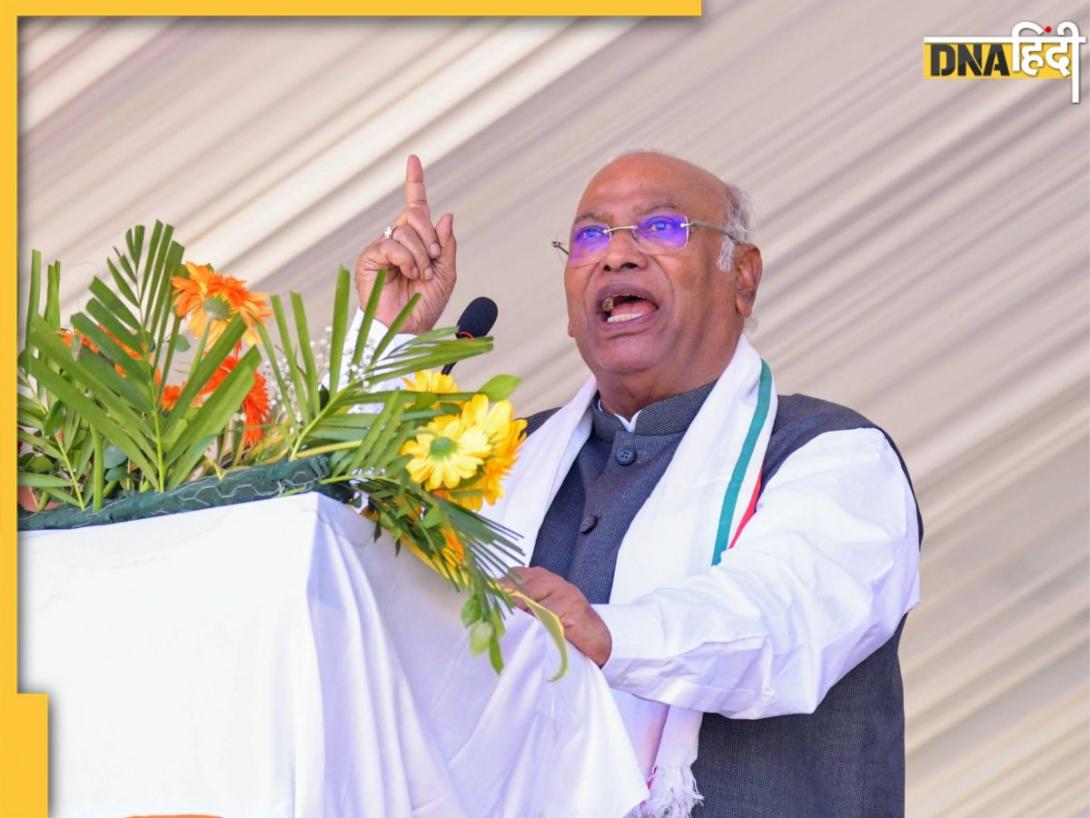
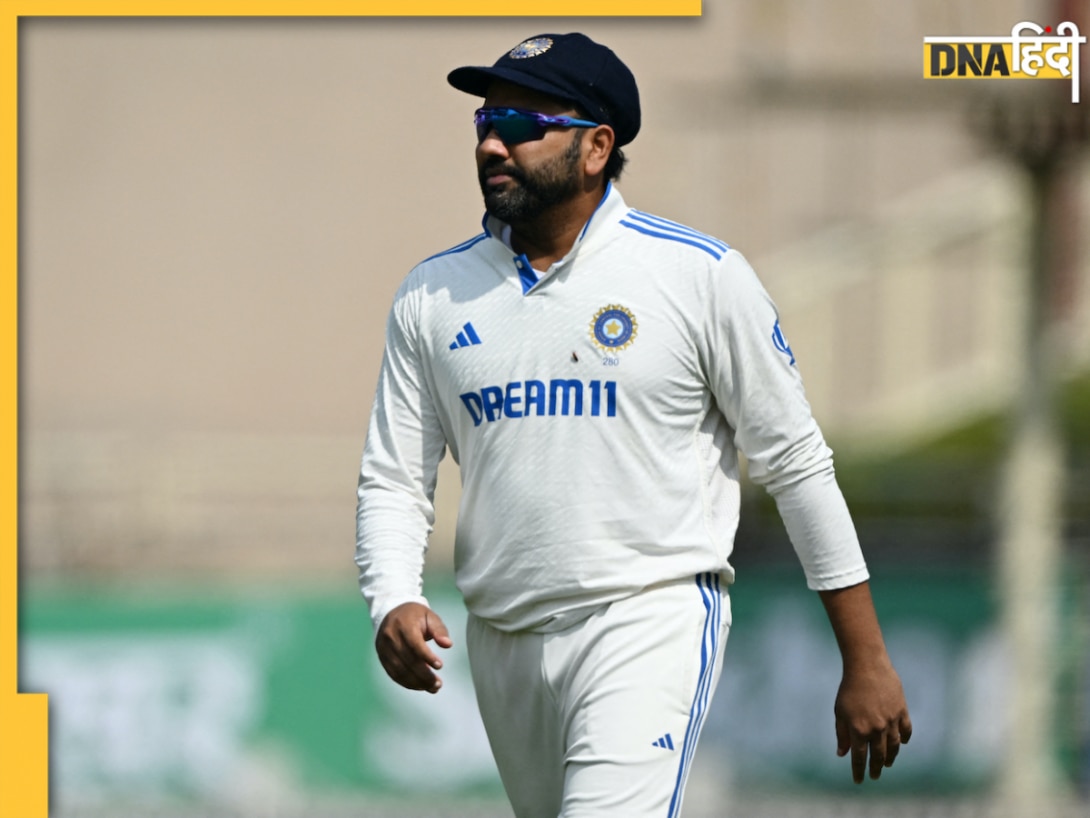
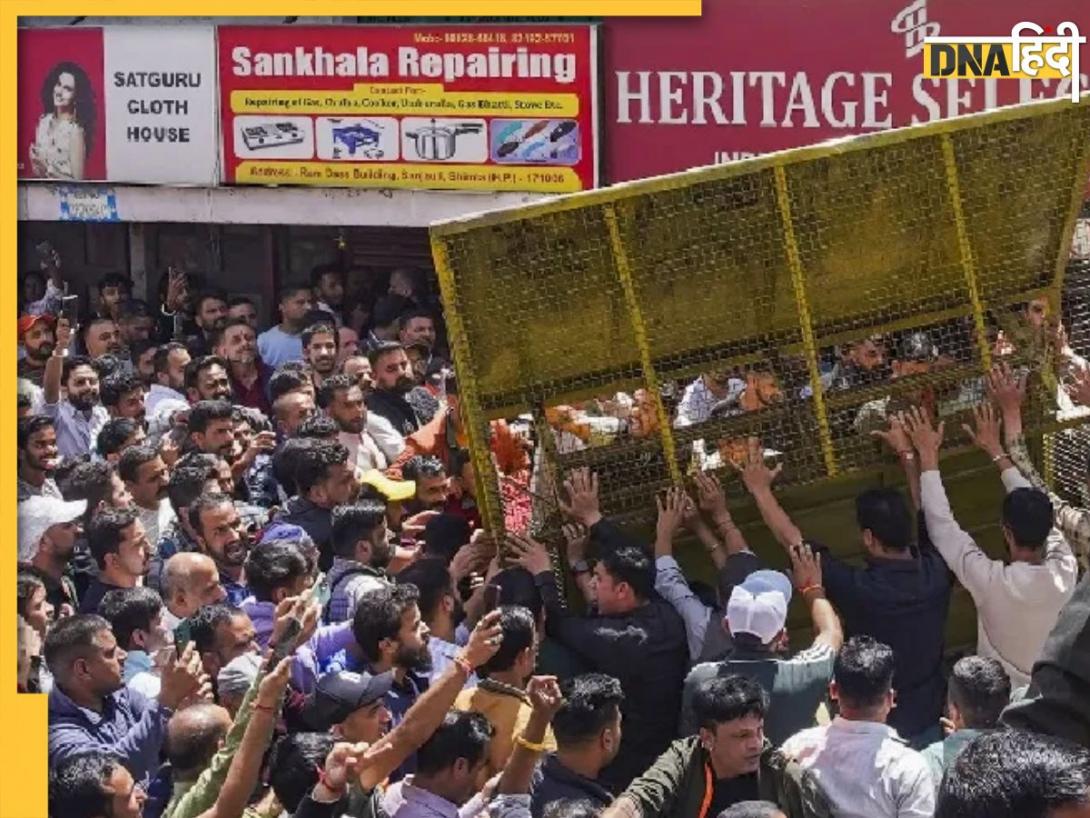

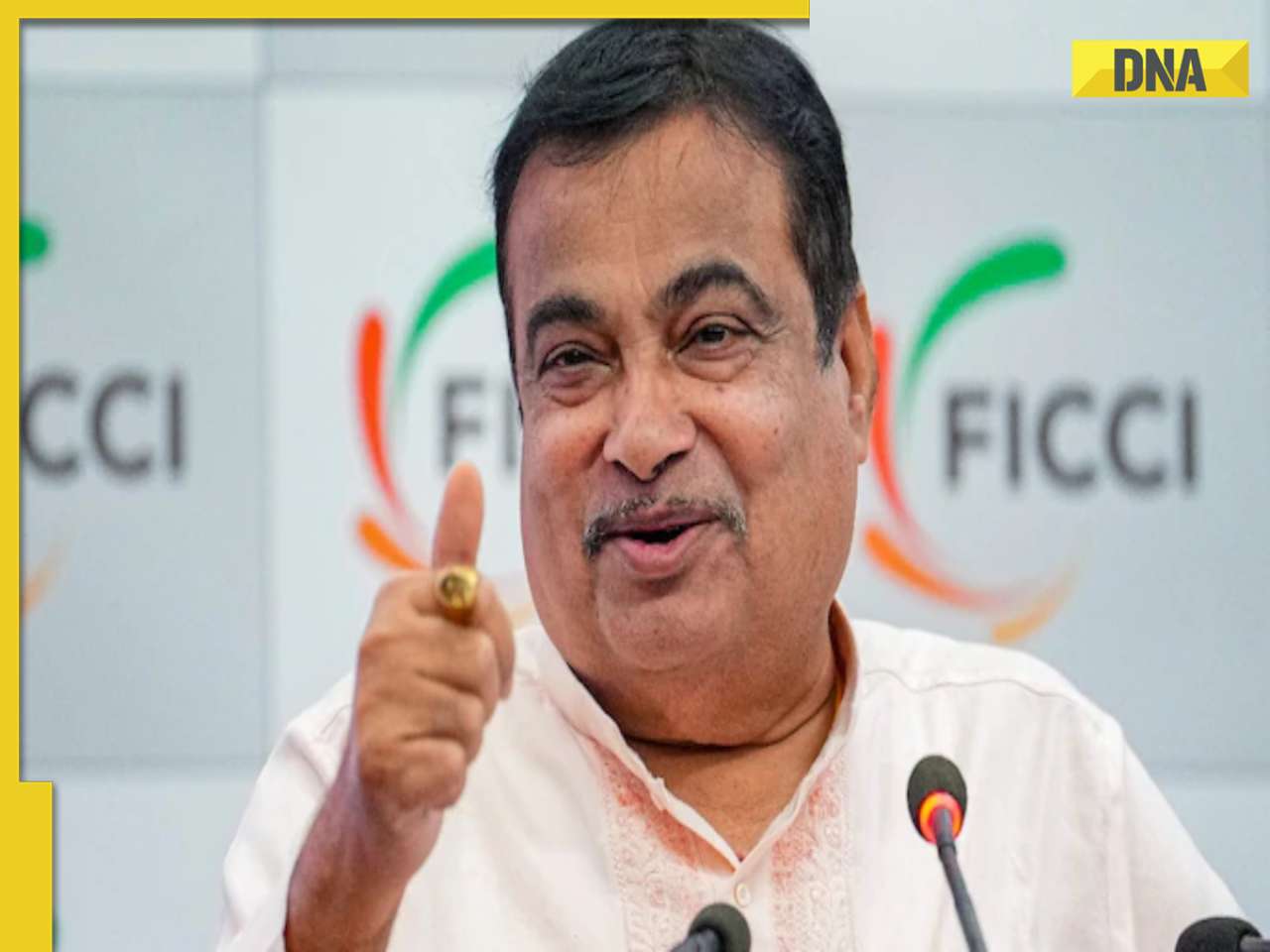



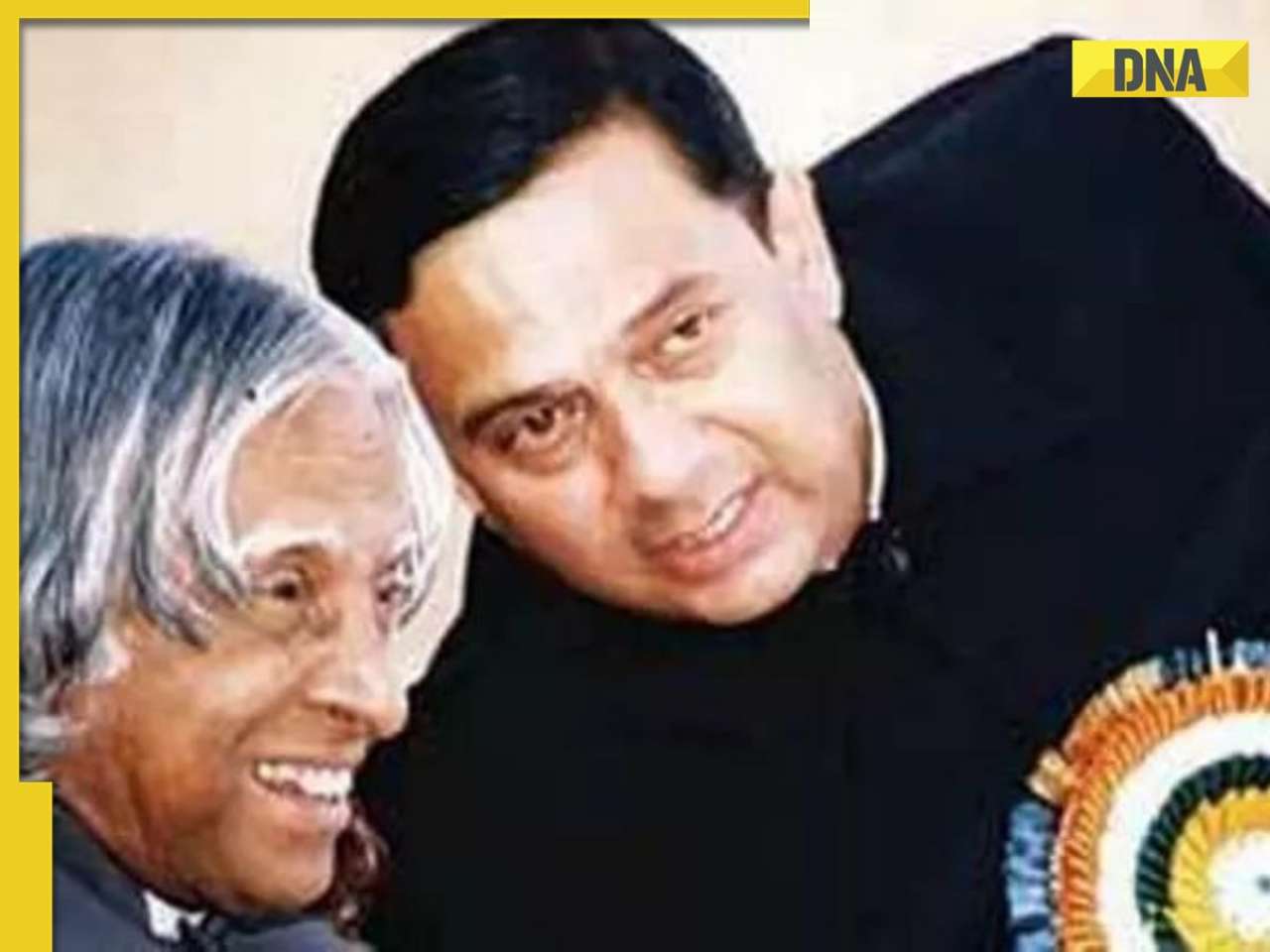

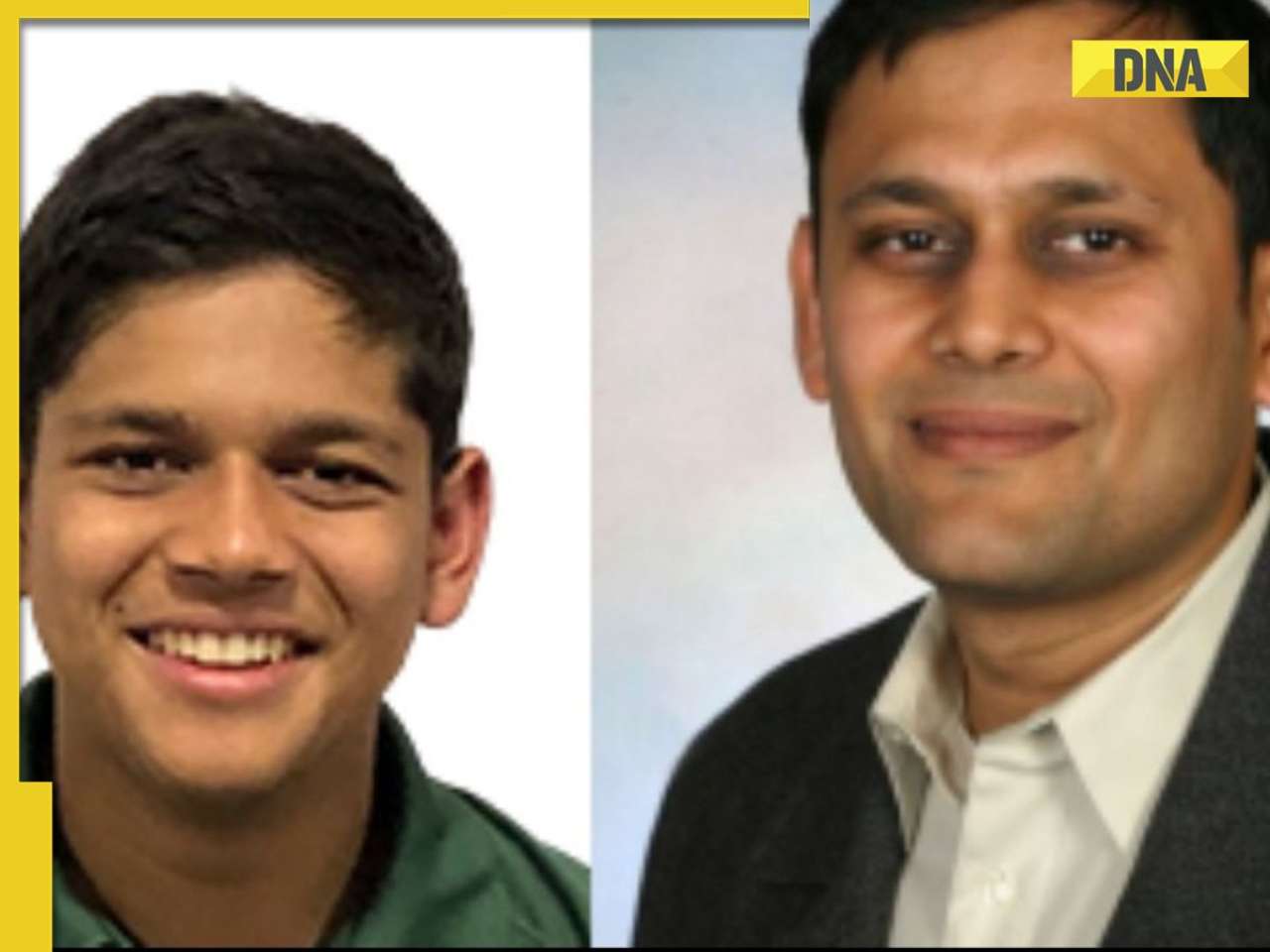







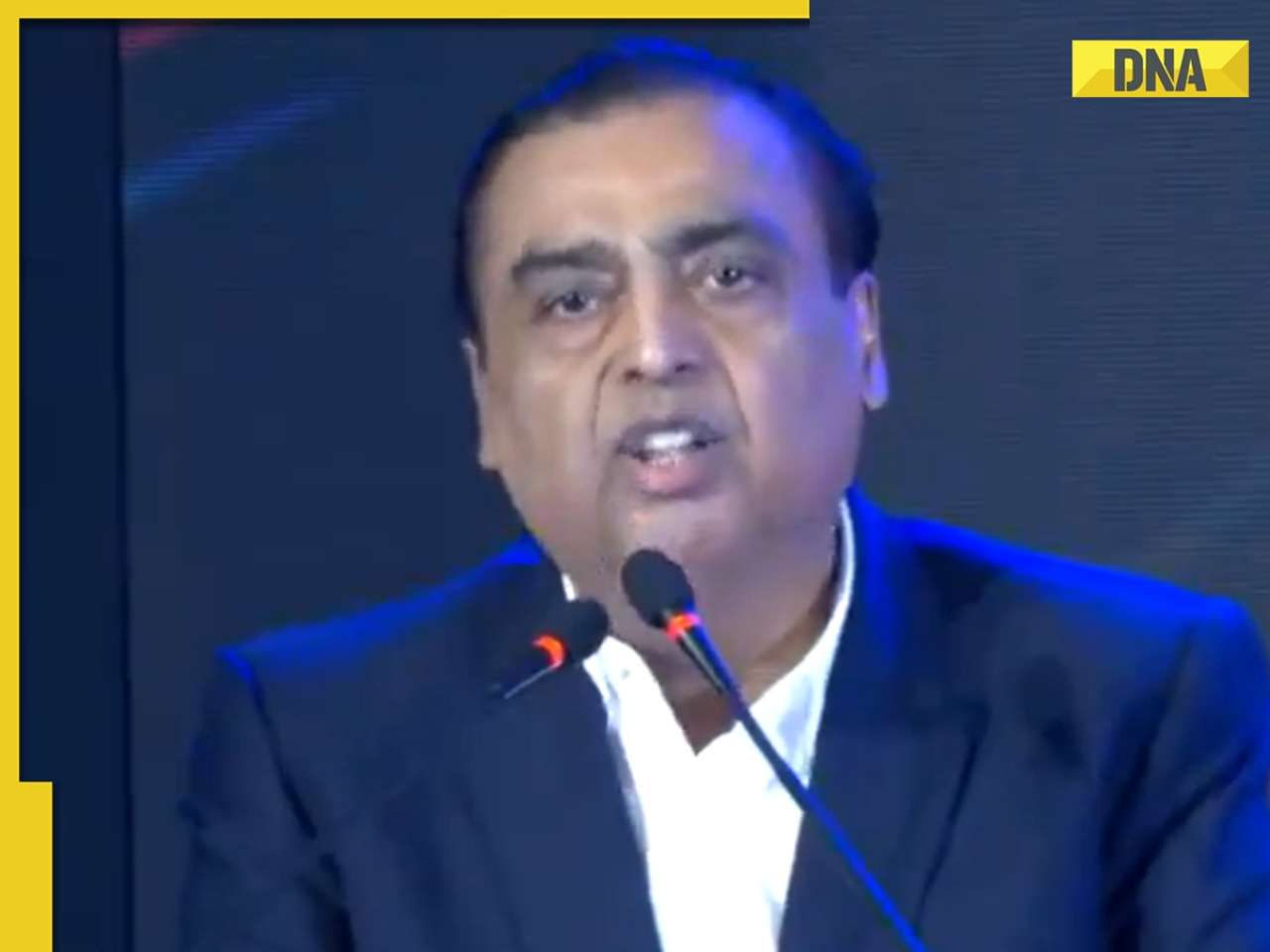

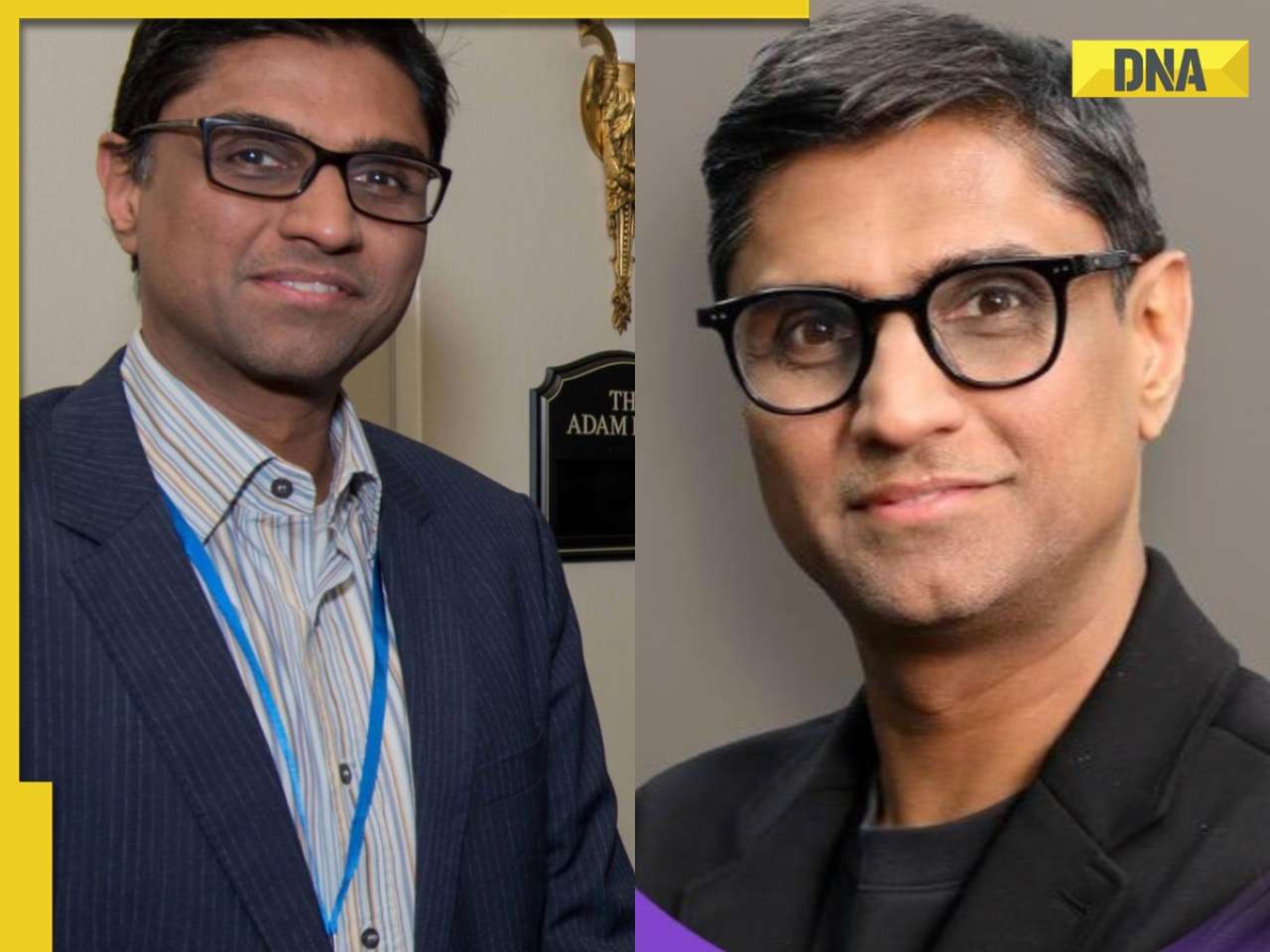
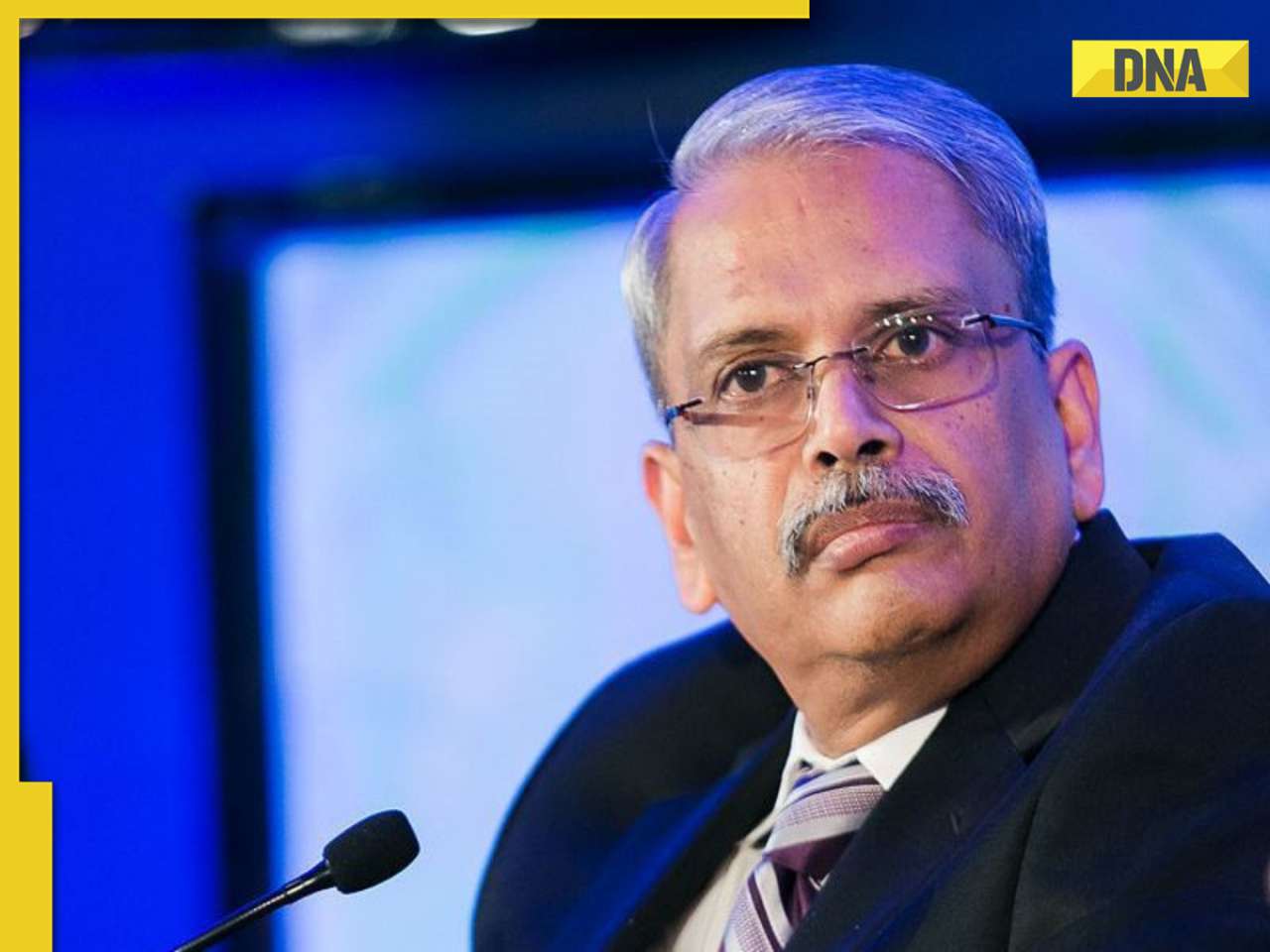





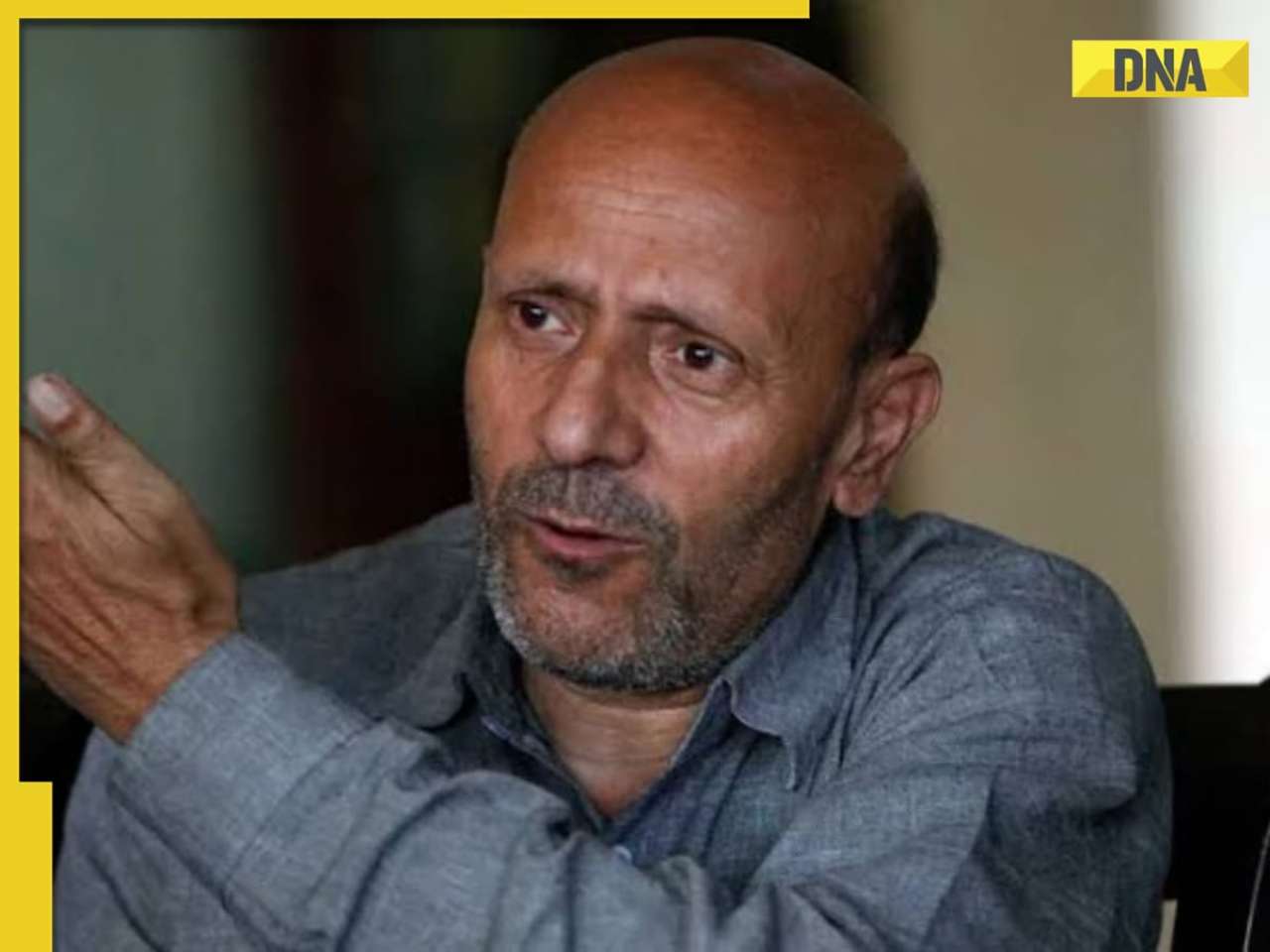
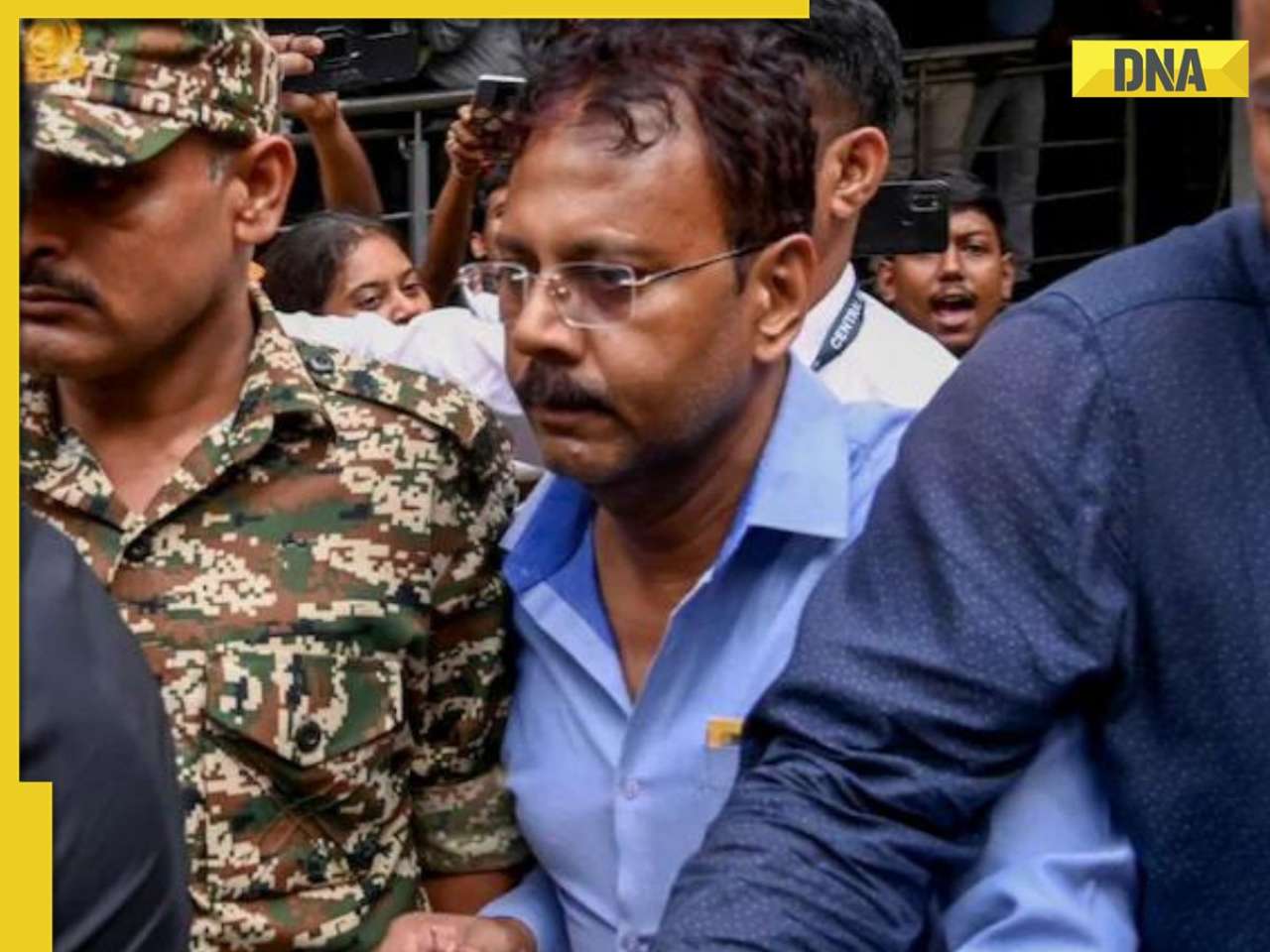



)
)
)
)
)
)
)
)
)
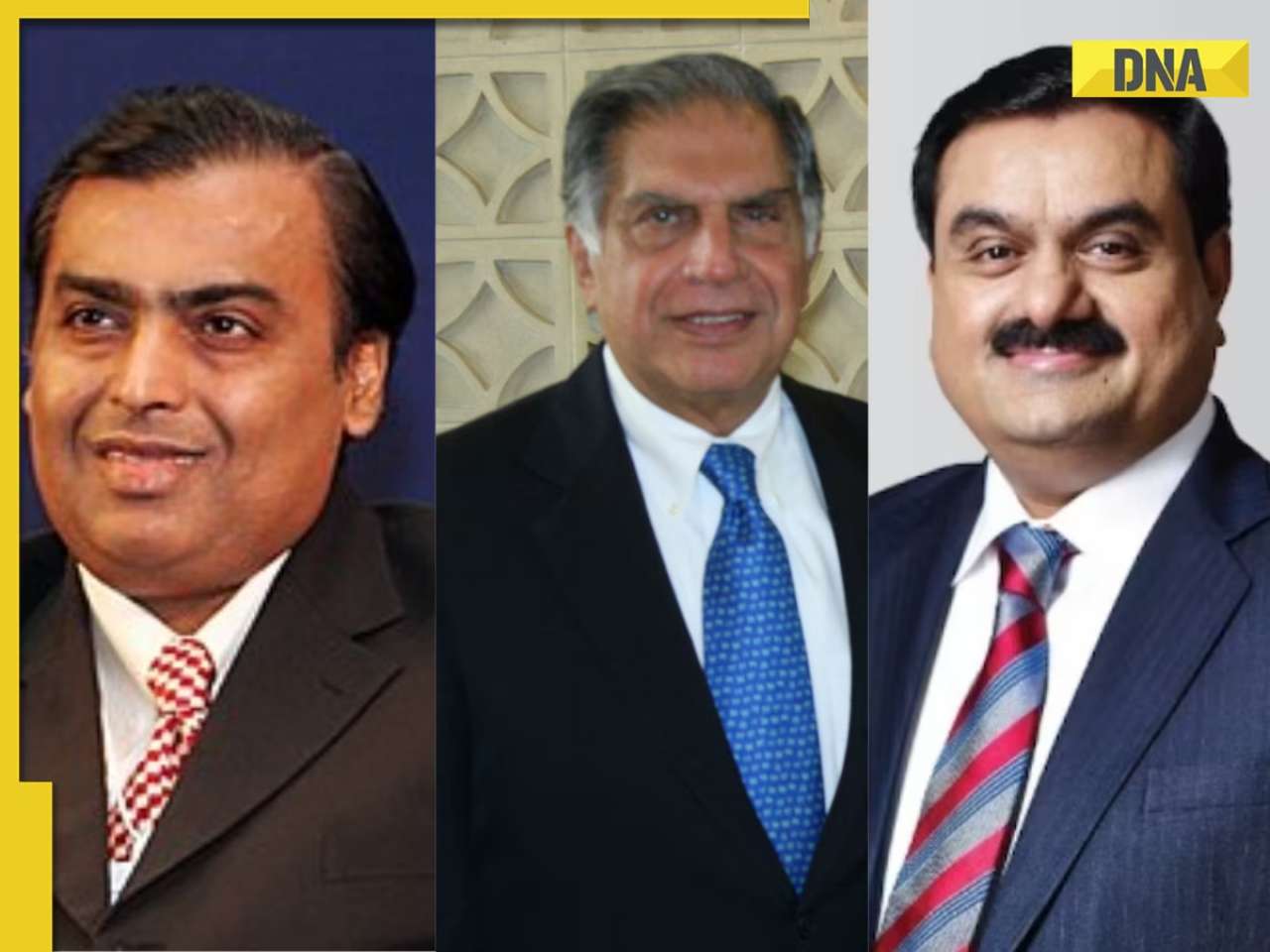)
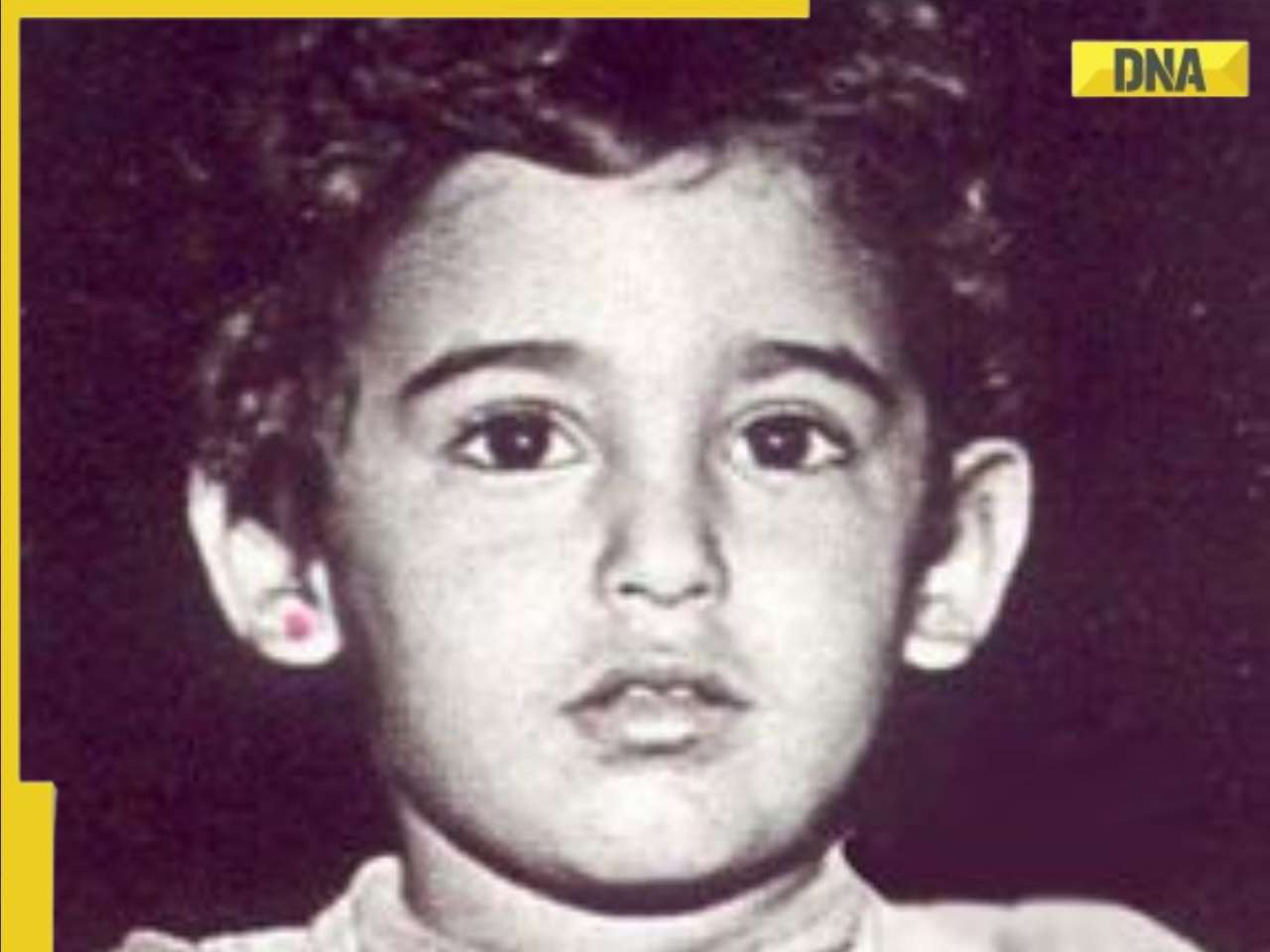)
)
)
)
)





)
)
)
)
)
)